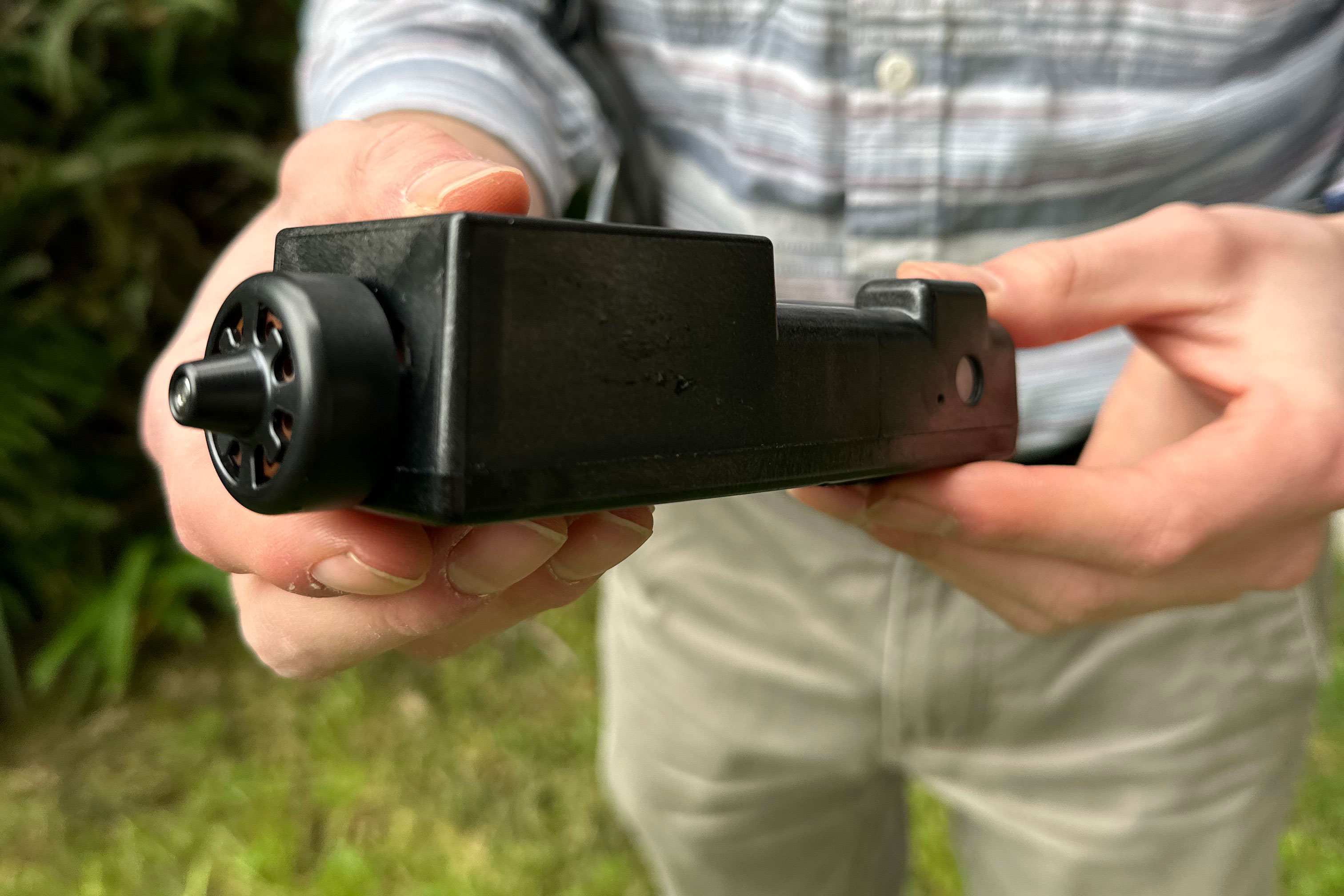New Zealand’s climate goals jeopardized by policy reversals

New Zealand’s laudable goal of achieving net-zero emissions by 2050 faces a critical setback as the current coalition government dismantles key climate policies, recent data reveals.
The landmark 2019 legislation, which aligned the nation with Paris Agreement commitments, now stands in jeopardy. While projections indicate New Zealand will meet its initial emissions budgets through 2030, the country is poised to exceed its third budget and miss the crucial 2050 target.
Climate Change Minister Simon Watts reaffirmed the government’s commitment to climate action but pivoted towards a “technology-led approach” rather than economic restructuring. This strategy emphasizes research and development, particularly in the agricultural sector—a significant emissions contributor.
The administration’s focus on afforestation as a carbon mitigation tool has drawn criticism from experts who warn of its long-term unsustainability. Moreover, recent policy reversals—including the reinstatement of offshore oil exploration, reduced support for electric vehicles, and delayed agricultural emissions pricing—have alarmed environmental advocates.
Climate scientists caution against over-reliance on nascent technologies for emissions reduction. Professor Ralph Sims of Massey University highlighted the risks of betting on unproven methods to tackle livestock methane and carbon sequestration.
Legal experts express grave concerns about New Zealand’s trajectory, noting potential shortfalls in meeting international commitments. This misalignment could necessitate the purchase of international carbon credits, incurring significant costs.
As New Zealand grapples with balancing economic interests and environmental imperatives, its actions resonate globally. The world watches intently as this small but influential nation navigates the complex path to a sustainable future, potentially setting a precedent for other countries facing similar challenges.
Re-reported from the article originally published in THE GUARDIAN.








